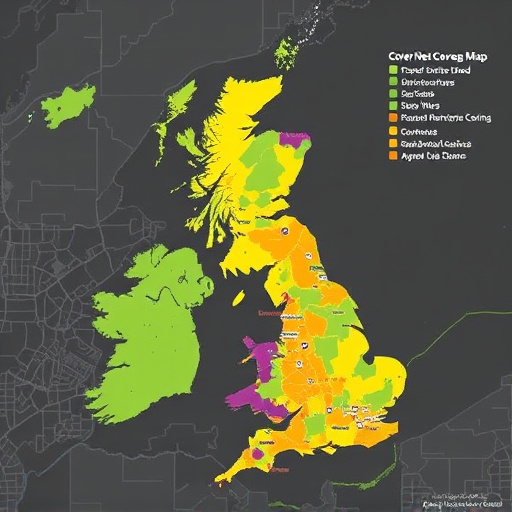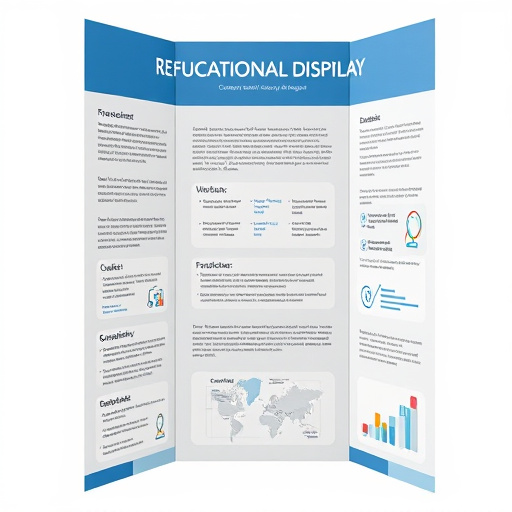Cold air intake (CAI) systems significantly enhance vehicle performance, leading to notable MPG improvements. By drawing in cooler, denser air, CAIs increase engine efficiency, reducing fuel consumption. This affordable modification contributes to a greener economy by lowering operational costs, promoting job creation, and fostering sustainable business practices. Upgrading to a CAI is a popular choice among car enthusiasts seeking better combustion, increased power output, and cost savings at the pump.
In today’s economic landscape, understanding long-term strategies for improving a vehicle’s economy is more crucial than ever. This article delves into three key aspects: Cold Air Intake and its profound role in boosting Mile Per Gallon (MPG) ratings over time; the significant impact of fuel efficiency on sustainable economic growth; and practical strategies to maximize long-term benefits through efficient fuel usage, all centered around the critical component of cold air intake.
- Understanding Cold Air Intake and its Role in Long-term MPG Improvements
- Exploring the Impact of Fuel Efficiency on Sustainable Economic Growth
- Practical Strategies to Maximize Long-term Economy Benefits Through Efficient Fuel Usage
Understanding Cold Air Intake and its Role in Long-term MPG Improvements

Exploring the Impact of Fuel Efficiency on Sustainable Economic Growth

In today’s world, where sustainability is at the forefront of economic discourse, exploring the impact of fuel efficiency on long-term growth is more crucial than ever. By focusing on advancements such as cold air intake systems and technologies that enhance vehicle MPG (miles per gallon), we can significantly contribute to a greener future while fostering economic prosperity. These innovations not only reduce our reliance on fossil fuels but also play a pivotal role in lowering operational costs for businesses and consumers alike, thereby boosting overall economic efficiency.
The ripple effects of improved fuel efficiency are profound. Higher MPG standards lead to decreased fuel expenditure, which can be reinvested in other areas of the economy, promoting job creation and driving innovation. Moreover, reduced greenhouse gas emissions from more efficient vehicles contribute to a cleaner environment, attracting sustainable business practices and drawing global investments. This creates a positive feedback loop where economic growth becomes not just sustainable but also resilient to fluctuating fuel prices and environmental regulations.
Practical Strategies to Maximize Long-term Economy Benefits Through Efficient Fuel Usage

In conclusion, optimizing fuel efficiency through techniques like cold air intake can significantly enhance vehicle performance and contribute to long-term economic growth. By understanding the relationship between these factors, we can embrace practical strategies to maximize energy conservation and reduce costs. Investing in efficient fuel usage is not just an environmental imperative but also a smart economic move that promises substantial benefits for individuals and industries alike.














